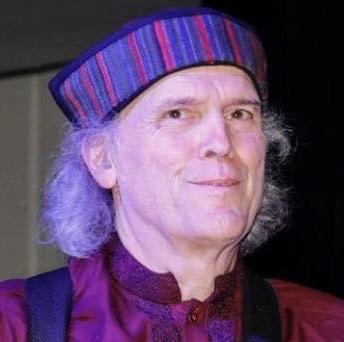Algorithms and stories: What neuroscience can tell us about the epistemic worth of the arts and humanities

Teed Rockwell
Stevenson 1300
12:00 PM
For most of human history, human knowledge was considered to be something that was stored and captured by words. This began to change when Galileo said that the book of nature is written in the language of mathematics. It is now an assumption of both scientific and popular common sense that science provides knowledge about the world because it uses mathematical formulae called algorithms. The growing sophistication of computer science has reduced many of our most sophisticated mental processes to algorithms, causing white collar jobs to be replaced by computers at the same rate that blue collar jobs were once replaced by factory machinery. As a result, it is very difficult in our time to explain why anyone should bother to study knowledge which consists of stories, i.e. words, rather than mathematical formulae.
I will argue that the stories told by the humanities do more than just stir our emotions. They deliver genuine knowledge about aspects of reality that are beyond the comprehension of algorithmic knowledge. I will outline the basic elements of an algorithm that shows how we get knowledge out of these stories. The main challenge of creating algorithmic formulae is making them detailed and precise enough that they can be followed by machines. Stories, however, get their power from the richness of their ambiguity. Somehow we do learn from stories. Somehow, their imprecision makes them universal and profound, not empty and vague.
What is going on inside the minds of people who can correctly follow instructions that are too vague to be functioning algorithms? Can this sort of “know how” be duplicated mechanically by an algorithm? I will propose an explanation for this apparently inexplicable fact, based on connectionist algorithms that are the basis of modern AI.

